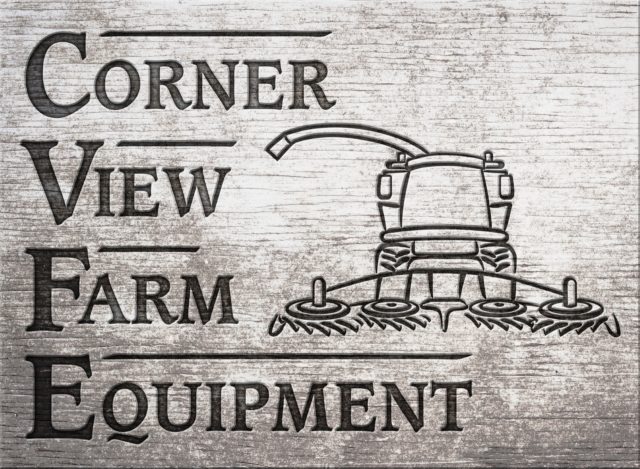- Clean up. Get rid of trash, old furniture, papers and dirty rags. Keep weathered surfaces painted and remove or replace old, rotting wood and fencing.
- Have electric wiring and fuses inspected. Replace worn wiring and use only 15-ampere fuses unless a circuit is specifically designed for a larger one.
- Keep ordinary wiring and lighting away from wet areas. Guard against breakage and contact with combustible material. Electrical equipment must be Underwriters Laboratories (UL) approved.
- Make sure your well pump is on a separate, dependable electrical circuit and located away from other buildings to safeguard a water supply for firefighting.
- Post “No Smoking” signs in areas where chemicals, flammables and combustibles are stored.
- Fuel storage should be designed to prevent a fire from spreading to any buildings – underground storage is best. Above-ground tanks should be on non-combustible supports.
- Always refuel equipment outdoors, away from open flames and sparks. Be sure to shut off the motor and allow it to cool before refueling.
- Keep stock tanks and ponds easily accessible to fire equipment throughout the year. These all provide a water source for fighting fire.
- Check lightning protection and grounding. Check TV antenna stability and grounding. Never mount TV antennas to the chimney.
- Securely fasten gas (bottled gas), welding gas and oxygen cylinders to a firm support on a solid foundation away from windows and basement openings.
- Chimneys must be kept in good repair, especially in attic areas. Stoves and heaters must be installed to meet local and state fire codes.
- Keep grass and weeds mowed around outbuildings, in waterways and along roads to prevent grass fires from spreading to buildings.
- Do not park vehicles in tall vegetation. The high heat from the exhaust system can ignite grass and other vegetation.
- Keep fire extinguishers fully charged and easily accessible.
Plan to prevent fire
- A fire in a rural area is far more serious than a fire in a town or city where the fire department is readily available, as is an adequate water supply for firefighting. Plan ahead to reduce the risk of fire.
- Seek the assistance of local fire and building officials regarding the construction of additional buildings or the addition to any existing buildings.
Major buildings should be spaced as far apart as possible. A distance of 150 feet is desirable.
- Properly store all chemicals. Read the precautions on the containers. Under no circumstances combine any residue from one chemical with another. These mixtures could cause deadly fumes or fire.
Quick fire prevention tips
- Never permit smoking in or near barns, outbuildings or flammable material storage areas.
- Never refuel an internal combustion engine while it is hot or running.
- See that crops are dry before storing, provide adequate ventilation in crop storage areas and repair leaking roofs.
- Check for other spontaneous combustion hazards, such as hay stacks, manure piles and oily or paint-soaked rags.
- Be sure that all electrical wiring is inspected and approved.
- Install lightning rods on all major buildings.
- Burn trash only in an incinerator equipped with a spark arrester or a covered burn barrel.
- Never burn on windy days. Keep water and firefighting tools handy.
- Do not conduct field burning without proper safety precautions and a permit from the local fire department.
- Never use fumigants near open flames or electrical equipment.
- Provide adequate fire extinguishers in all areas where the potential for fire exists, e.g. workshops, machine sheds, vehicles, tractors and fueling areas.
- Consult your fire department for advice and literature on all farm fire safety and fire prevention matters. In case of fire
- When a fire is discovered, call the fire department at once. Do not attempt to fight the fire before calling the fire department.
- Keep the fire department’s telephone number posted prominently near the telephone.
- Keep directions to your farm posted near the telephone for visitors and others not familiar with the area. FG
—Excerpts from Nebraska Forest Service website
Bob Vogltance and Larry Wiles
Nebraska Forest Service
See more articles like this at www.progressivedairy.com









